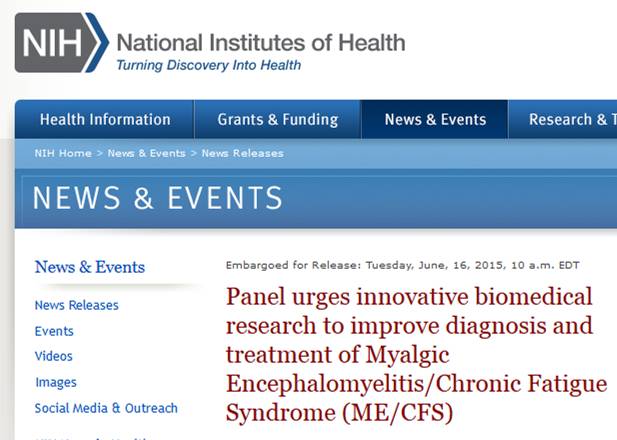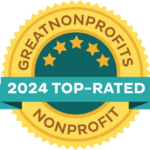 The NIH released its P2P (Pathways to Prevention) report with suggestions on what types of ME / CFS studies should be conducted. As most expected, the panel called for a singular and better diagnostic criteria to be used in research, or at least for more details of cohorts to be given so comparisons between studies can easily be seen to be of the same, overlapping or different segments of the ME / CFS disease population.
The NIH released its P2P (Pathways to Prevention) report with suggestions on what types of ME / CFS studies should be conducted. As most expected, the panel called for a singular and better diagnostic criteria to be used in research, or at least for more details of cohorts to be given so comparisons between studies can easily be seen to be of the same, overlapping or different segments of the ME / CFS disease population.
Our ME / CFS Severely Ill-Big Data Study is designed to solve this problem by moving beyond symptom-based criteria and instead finding the most useful diagnostic biomarker. By looking at many different biological processes in the same patient, we expect to get a fuller picture of the disease process and possibly subgroups than has been revealed in previous studies.
Interestingly, the P2P panel also said that the homebound patients had not been substantially included in previous ME / CFS research, which they said should be addressed in future research. As the name indicates, our ME / CFS Severely Ill-Big Data Study will finally give a complete look at these often ignored patients. We know whatever dysfunction is causing the symptoms should be worse in those whose symptoms are worse.
We agree with panel chair, Carmen R. Green, MD: “We need to learn more about the cellular and molecular mechanisms of this disease and how immunologic, neurologic, and other factors contribute to ME / CFS.” Thanks to our ME / CFS Scientific Advisory Board, we’ve gone beyond just saying what needs to be done; we’re doing it.
What can you do? 1. Donate toward the ME / CFS Severely Ill-Big Data Study so we can get more severely ill patients included and get this study completed sooner rather than later. 2. Spread the word of this study to your friends through social media and email and calls. 3. Host a FUNdraiser. 4. Urge your congressman to advocate for the NIH to put ME / CFS a research funding priority.


